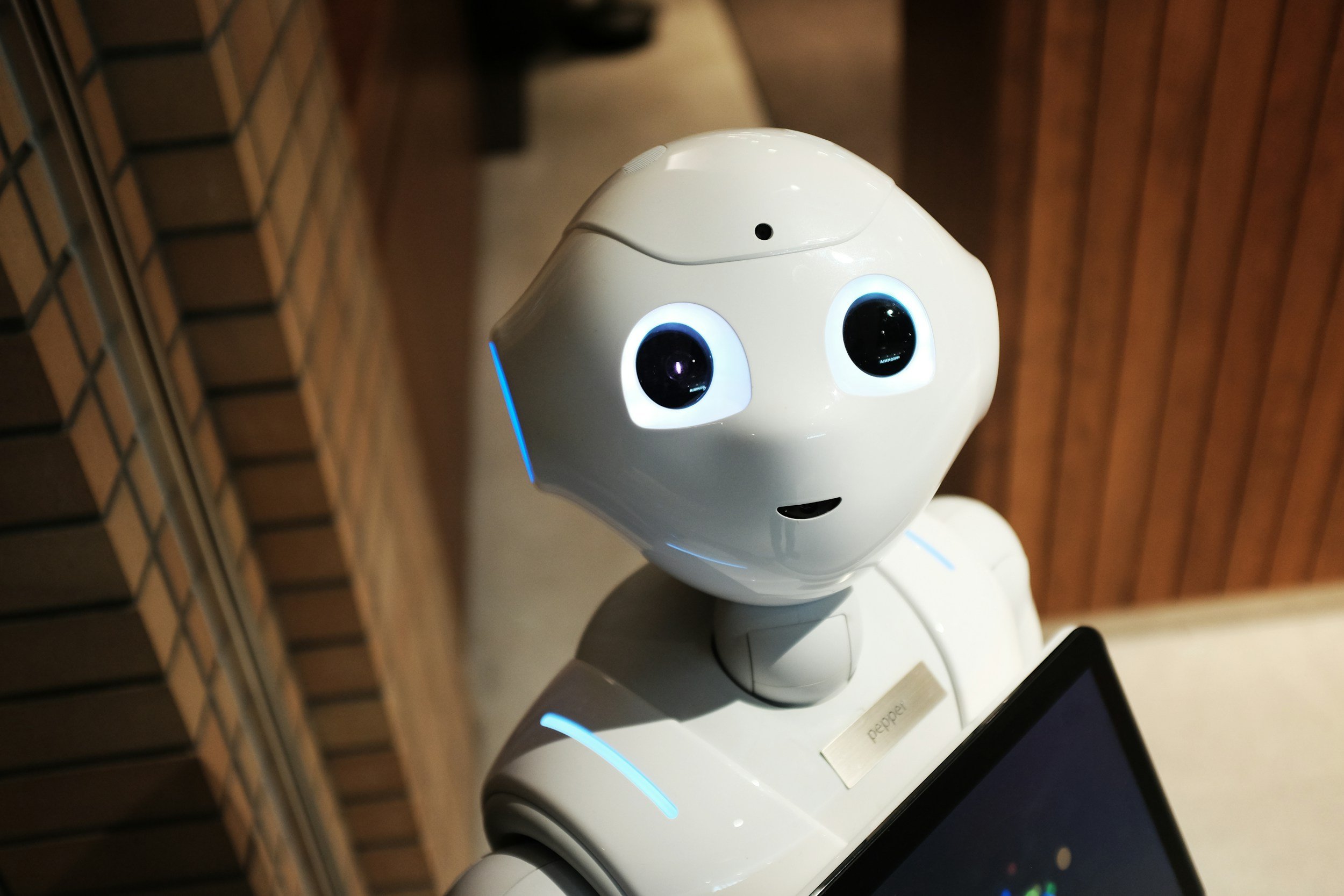How AI Can Enhance the Daily Tasks of HR Managers
Artificial intelligence is no longer a futuristic concept in HR. It’s increasingly becoming a practical tool that helps HR managers make faster, smarter decisions in their day-to-day work. From automating repetitive tasks to assisting onboarding and training, and improving employee experiences, AI has the potential to significantly enhance the effectiveness and impact of HR teams.
A key benefit of AI in HR is the ability to reduce time spent on repetitive, low-value administrative work. HR professionals often manage routine processes like scheduling interviews, responding to policy queries, or updating employee records. AI-powered chatbots and scheduling assistants can now handle many of these tasks, freeing up time for HR managers to focus on more strategic initiatives that require human judgement and empathy.
Building on that, AI can also streamline the accuracy and efficiency of documentation workflows. Vision-based AI models are now supporting document verification processes by extracting and validating key data points. For example, AI can confirm passport expiry dates, detect missing signatures in contracts, or validate employment documentation. This not only accelerates onboarding but also strengthens compliance by reducing manual errors.
Recruitment has also seen a significant shift thanks to AI. Classification models and natural language processing tools can now assist with screening CVs, evaluating candidate fit based on job descriptions, and drafting inclusive job adverts by flagging biased language. These tools help accelerate the hiring process and support more consistent candidate assessments. While we believe AI should never replace human decision-making in hiring, it can play a valuable role in improving fairness and efficiency.
AI is also enabling better access to knowledge across HR teams. By training AI models on internal policies and procedures, companies can build dynamic knowledge centres that provide instant answers to operational queries. Whether someone is onboarding, covering for a colleague, or managing a cross-border team, they can quickly find information such as "What are the standard legal working hours in this country?" or "What steps are involved in the internal mobility process?" This reduces reliance on one-on-one knowledge transfer and speeds up response times.
When it comes to employee engagement, AI offers further opportunities to improve how HR teams understand and support their workforce. Sentiment analysis tools can scan feedback, survey results, or communication patterns to flag potential issues early. This allows HR to act proactively in areas like wellbeing, morale, or team dynamics. AI can also personalise learning and development by recommending tailored resources based on an employee’s skills, goals, and performance data.
Of course, adopting AI in HR isn’t just about efficiency. It also raises important questions around ethics, transparency, and trust. Employees should always be informed when AI is used in processes that affect them, and HR managers have a responsibility to ensure data is handled securely and fairly. When implemented thoughtfully, AI can strengthen, not replace, the human aspect of HR.
At Caerus Strategy, we work with our clients to explore how AI can support their HR functions in a way that is practical, ethical, and aligned with their organisational goals. Whether it’s identifying use cases, evaluating tools, or building confidence among HR teams, we help integrate AI where it truly adds value.
As AI continues to evolve, HR managers who embrace its capabilities, while staying grounded in people-first thinking, will be best positioned to lead the function into the future.

